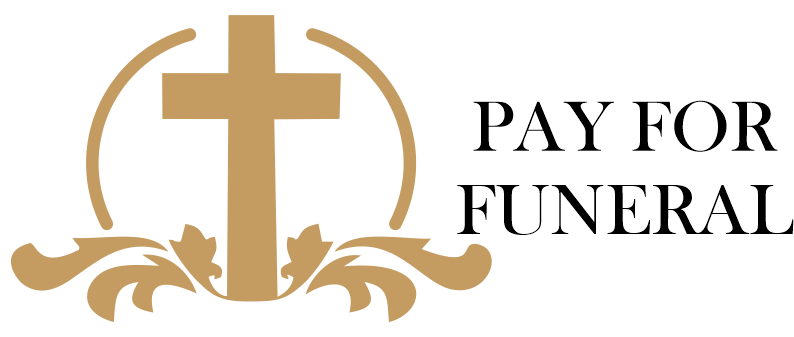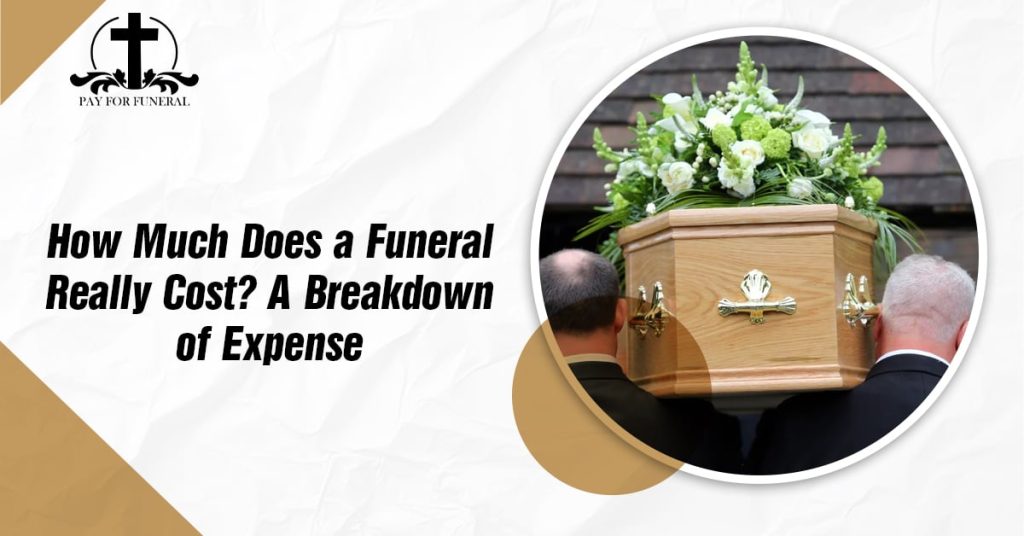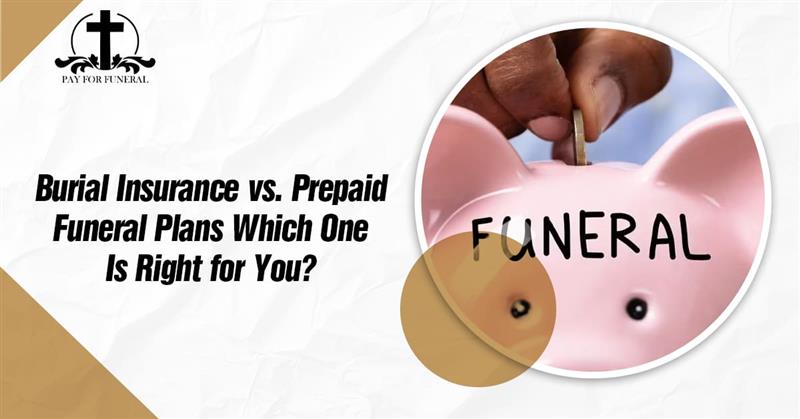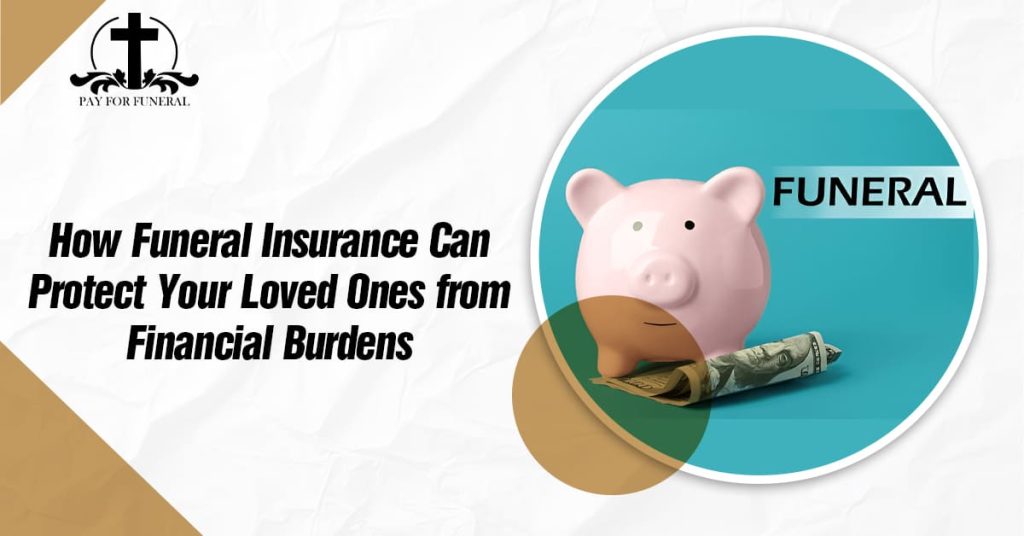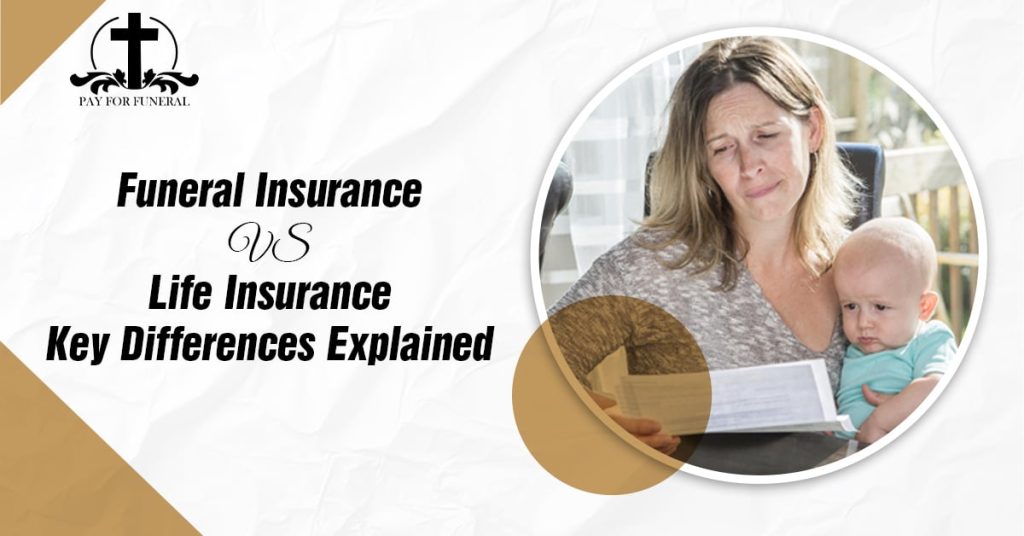Introduction
Death of a loved one creates a difficult situation while arranging a funeral becomes both emotionally draining and financially demanding. Most individuals realize the funeral costs only when they need to plan for a funeral. The fast accumulation of funeral costs becomes clear when people understand this financial aspect which helps them prepare for these expenses.
The following text provides detailed information about the costs involved in funeral services including burial expenses and cremation fees as well as additional charges that users need to consider. The article will examine both the external elements which affect funeral expense levels as well as practical methods to control these costs. This article will provide you with complete knowledge about funeral expenses and their planning methods to reduce financial burden on your loved ones.
The Average Cost of a Funeral
The price of a funeral depends on where it takes place along with the selected type of service and individual preferences. NFDA reports that the average price for a traditional funeral with burial service ranges from $7,000 to $12,000 whereas cremation funeral services typically cost between $6,000 and $7,000. The funeral expenses become substantially more expensive when families need to add cemetery fees together with headstones and reception costs.
Regional Differences in Funeral Costs
Funeral costs can vary greatly depending on the region. For example:
- Urban Areas: Funeral homes charge more while cemeteries cost more and have fewer available spaces which makes expenses rise.
- Rural Areas: Generally, lower funeral home service fees and burial plot costs.
- States with High Costs: The expense of funerals in California, New York and Massachusetts goes up because of local living costs and official requirements.
- States with Lower Costs: Funeral costs tend to be cheaper in Alabama, Mississippi, and Arkansas than in other states.
Several factors can affect funeral costs, including:
- Geographic location: Funeral costs are more expensive in cities than in countryside areas.
- Choice of casket or urn: High-end caskets and urns increase expenses significantly.
- Type of funeral service: You need to spend more on a traditional funeral with special ceremonies than on direct burials or cremations.
- Cemetery and burial fees: Your cemetery costs depend on both where it is located and which rules apply.
- Funeral home selection: Funeral homes across the same city set different price rates for their services.
A Breakdown of Funeral Expenses
To better understand funeral costs, let’s break them down into essential categories:
1. Basic Service Fees
Most funeral homes charge a basic service fee that covers:
- Funeral planning and coordination
- Paperwork and permits
- Staff services
- Overhead costs
Estimated cost: $2,000 – $3,000
2. Transportation Costs
The movement of a deceased person from death location to the funeral home and burial site creates expenses. This includes:
- Removal and transfer of the body
- Use of a hearse or funeral vehicle
- Additional transportation for family members (if needed)
Estimated cost: $300 – $1,000
3. Embalming and Body Preparation
The process of body preparation through embalming becomes necessary when you select either traditional burial or open-casket viewing. Costs include:
- Embalming to preserve the body
- Dressing and cosmetic preparation
- Refrigeration (if embalming is not performed)
Estimated cost: $500 – $1,500
4. Casket or Urn Costs
Funeral costs contain a large portion for choosing between a coffin or an urn. Casket and urn prices depend on their materials and designs.
- Standard wood or metal casket: $2,000 – $5,000
- High-end casket (bronze, mahogany, etc.): $5,000 – $10,000+
- Eco-friendly or biodegradable casket: $1,000 – $3,000
- Basic cremation urn: $100 – $300
- Decorative or customized urn: $500 – $1,500
5. Funeral Service and Viewing
If you choose to hold a funeral service, additional costs may include:
- Venue rental (funeral home, church, or other location)
- Officiant fees (religious leader, celebrant, etc.)
- Floral arrangements and decorations
- Music and multimedia presentations
Estimated cost: $500 – $2,500
6. Burial Costs
If opting for burial, additional expenses include:
- Cemetery plot: $1,000 – $4,000 (varies by location)
- Burial vault or grave liner (required in many cemeteries): $1,000 – $3,000
- Headstone or marker: $1,000 – $5,000
- Grave opening and closing fees: $500 – $2,500
7. Cremation Costs
For those choosing cremation, the costs involved include:
- Cremation fee: $500 – $1,500
- Cremation container: $50 – $500
- Urn (optional): $100 – $1,500
- Scattering or interment costs (if applicable): $200 – $1,000
8. Additional Costs
There are also optional expenses that can add to the total funeral cost, such as:
- Obituary publication: $100 – $500
- Memorial services: $500 – $1,500
- Reception or gathering after the service: $500 – $3,000
- Printing funeral programs: $100 – $500
- Death certificates: $10 – $50 per copy
- Live-streaming services for remote attendees: $200 – $500
- Funeral photography or videography: $500 – $2,000
Alternative Funeral Options to Save Costs
If the cost of a traditional funeral is too high, consider alternative options:
1. Green Burials
- No embalming or expensive casket required.
- Costs range from $2,000 to $5,000.
2. Body Donation
- Donating a body to science eliminates most funeral expenses.
- Many medical institutions cover transport costs.
3. Home Funerals
- Families handle the body preparation and service.
- Costs are significantly lower than traditional funerals.
4. Virtual Funerals
- Reduces costs of venue rental, travel, and accommodations.
- Live-streaming services allow distant relatives to participate.
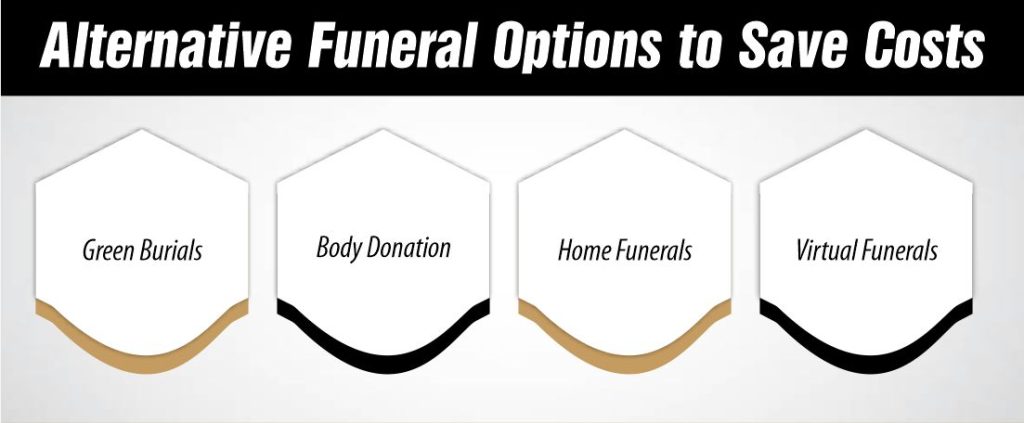
Ways to Reduce Funeral Costs
You can lower funeral expenses without losing any part of your tribute to your departed loved one.
1. Pre-Planning and Pre-Paying
- Through early preparation you can view service options and choose what matches your available money.
- Many funeral homes allow customers to pay in advance for funeral services at today’s prices to shield themselves from inflation.
- Funeral insurance policies help you pay for expenses ahead.
2. Compare Funeral Homes
- Each funeral service company charges different amounts for its services.
- Request itemized price information so you can check prices between different providers.
3. Consider Direct Cremation or Burial
- Direct cremation (no service, embalming, or viewing) can cost as little as $1,000 – $3,000.
- Direct burial without a service can be a more affordable alternative to traditional burial.
4. Choose an Affordable Casket or Urn
- Opt for a simpler casket instead of high-end options.
- Consider purchasing a casket or urn from a third-party retailer instead of the funeral home.
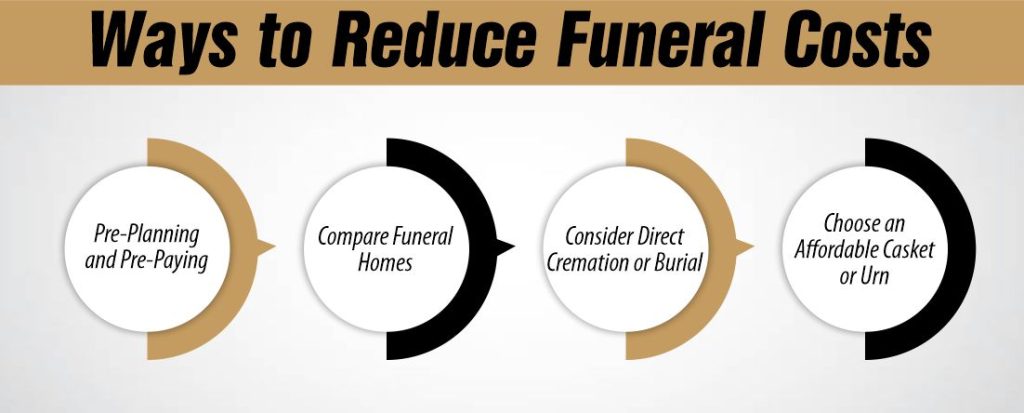
Conclusion
The expenses linked to funerals tend to be substantial yet knowing these costs enables you to plan ahead and select your options wisely. Your knowledge about burial and cremation choices will enable you to make decisions that decrease the financial burden on your family after your passing.
Your knowledge of funeral expenses will help you select optimal choices for both yourself and your family members in times of grief.
